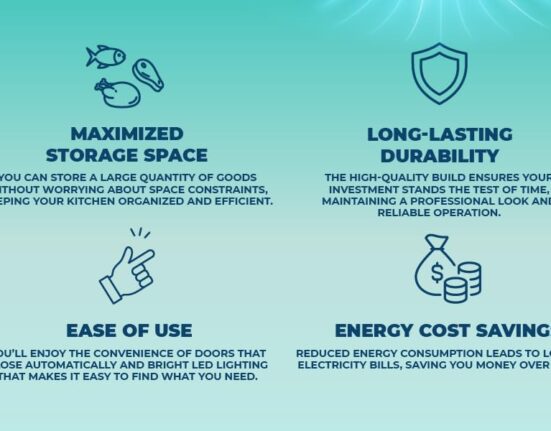The impact of President Donald Trump’s policies on US emissions has been nothing short of seismic. His administration’s dismantling of climate regulations and withdrawal from international agreements have sent shockwaves through the environmental community.
In a move that contradicts global efforts to combat climate change, Trump is set to sign what he calls his “big beautiful bill,
” which effectively reverses key climate policies implemented by his predecessor, President Biden. This bill is poised to add a staggering 7 billion tonnes of emissions to the atmosphere by 2030, compared to the US’s previous commitments under the Paris Agreement.
To put this into perspective, 7 billion tonnes is equivalent to the annual emissions output of Indonesia, one of the world’s top emitters. The ramifications are clear – with Trump at the helm, the US is veering off course from its emission reduction targets and hurtling towards a future where carbon pollution remains alarmingly high.
Experts warn that this deviation from sustainable practices could have far-reaching consequences for both the environment and society as a whole. Drastic changes in policy direction can disrupt not only ecological balance but also economic landscapes and public health.
The recent Republican-backed bill championed by Trump slashes tax credits for renewable energy projects, electric vehicles, and clean manufacturing. This move is expected to impede progress in transitioning towards cleaner energy sources and reducing greenhouse gas emissions.
The legislation’s impacts are multifaceted – from slowing down investments in wind and solar power to potentially increasing energy prices for consumers. The removal of crucial incentives for green technologies like electric vehicles could hamper advancements in sustainable transportation and exacerbate reliance on fossil fuels.
Moreover, by dismantling tax credits meant to spur innovation in low-carbon manufacturing, the bill threatens to stifle growth in clean technology sectors. This shift away from eco-friendly industries could have broader implications on job markets and economic development.
Critics argue that such policy decisions not only undermine efforts to mitigate climate change but also neglect long-term sustainability goals essential for safeguarding future generations. The urgency of addressing environmental challenges demands cohesive strategies that prioritize planetary well-being over short-term gains.
As nations worldwide grapple with escalating climate crises and their associated risks, unilateral actions like those taken by the US underscore the need for unified global cooperation in combating climate change. The interconnected nature of environmental issues necessitates collaborative solutions that transcend borders and ideologies.
While political agendas may ebb and flow with changing administrations,
experts emphasize that environmental stewardship should remain a constant priority regardless of partisan affiliations.
Sustainable policies rooted in scientific evidence offer a pathway towards resilience against environmental threats while fostering innovation and progress.
In conclusion, Trump’s “
big beautiful bill” represents a pivotal moment in shaping America’s environmental legacy. Its reverberations extend beyond national borders, serving as a stark reminder of the critical juncture facing humanity in charting a sustainable course forward amidst mounting ecological challenges.









Leave feedback about this